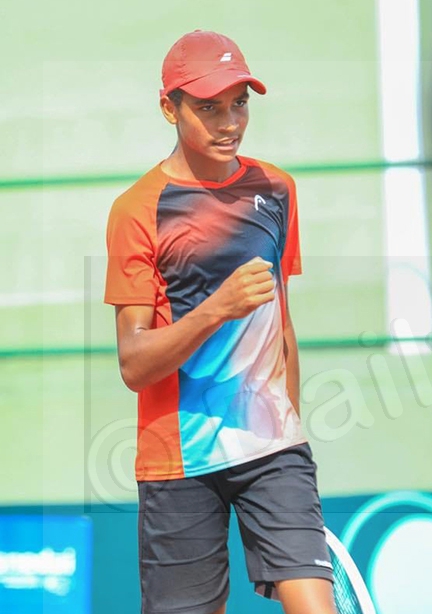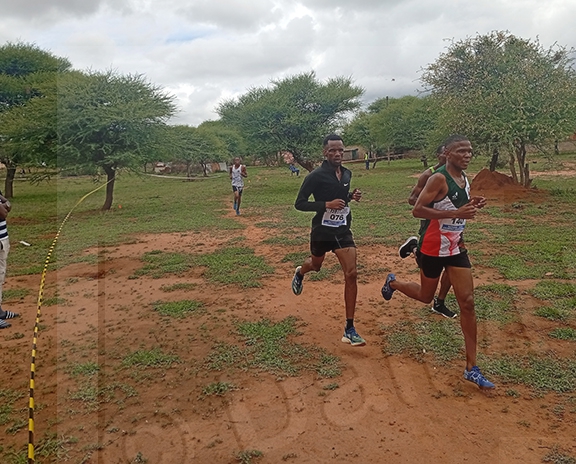Women in sport make their case
18 Oct 2016
Women in sport organisations have made strides in ensuring that gender stereotypes do not deny them equal opportunities.
Presenting on gender mainstreaming at a two -day Africa Women in Sport conference hosted by International Working Group (IWG) on Women and Sport in Gaborone, Commonwealth senior advisor in the gender section, Kemi Ogunsanya said ‘gender mainstreaming is a strategy that can be used in any sector.’
Ogunsanya said some of the challenges in gender mainstreaming were lack of political will as that alone could hamper progress.
She however said that in their research, they realised that Africa has the highest number of women in government.
Ogunsanya said gender mainstreaming was very important to Commonwealth, as it falls within their mandate and reflected in the strategic plan and enshrined in the Commonwealth Charter.
She admitted that at times, hostility in gender mainstreaming could be a challenge, hence it was now imperative for IWG to work with the government to break the glass ceiling in gender mainstreaming into sport.
“Another barrier in gender mainstreaming is that you don’t want to make a move, because change itself is difficult, there can be hostility as to why there is a lot of increase of women in different positions,” she said.
She said gender mainstreaming in sport was isolated adding that she appreciates that there were woman in professional associations and leagues although in gender mainstreaming it looks as an island.
She advised that there must be an integration in gender mainstreaming and sport where by it is embedded in all the process.
Meanwhile when talking about coach athlete’s relationships, Women in Sport Botswana Tsoseletso Magang said the coach–athlete relationship is one of the most important influences on athletes’ motivation and subsequent performance.
She said qualities of a great coach includes amongst others to teach the athletes to love sport, inspire them to dream big and take risks in pursuit of goals.
Magang said a great coach would motivate athletes to work hard, push through pain and fatigue and bounce from setbacks and failures, as well as build trust among team members and teach them to sacrifice and work as a team.
Talking about an exploration of the influence of patriarchy and racism in the body politics of black female athletes, Higher Heights for Girls Organisation representation,
Tshepo Moyo said women who showed too much interest in sport, or violated the gender roles in sport by exhibiting these so called “manly traits” have their gender identity,
sexual orientation and social roles often questioned.
She said negative stigmas are often attached to athletic women, and consequently are used as a mechanism to control and limit women’s participation in sports.
Moyo further said males are expected to be strong, independent, and athletic, whereas females are expected to be quiet, obedient and attractive.
“Feminization of female athletes includes getting them to confine to the western ideals of what a beautiful woman should look like.
This definition of beauty has for years been fair skin, small petite slim figures, straight hair, and small facial features, “she said. ENDS
Source : BOPA
Author : Anastacia Sibanda
Location : GABORONE
Event : conference
Date : 18 Oct 2016






